
The opening of the Pavilion marks the completion of the University’s largest capital building project, and culmination of a planning and design process years in the making. (Image: Eric Sucar)
nocred

The opening of the Pavilion marks the completion of the University’s largest capital building project, and culmination of a planning and design process years in the making. (Image: Eric Sucar)
nocred


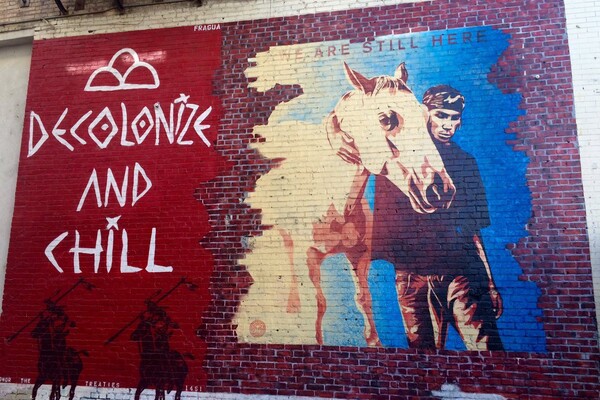
The mural depicted in this photograph is “Decolonize And Chill/We Are Still Here.” It is by artist and community activist Jaque Fragua from the Pueblo of Jemez, one of the federally recognized tribes in New Mexico, as well as Ishi Glinsky and Shepard Fairey. It is art created out of an ongoing decolonizing space and project called Indian Alley, in Los Angeles. (Image: By wiredforlego, licensed under CC BY-NC 2.0)
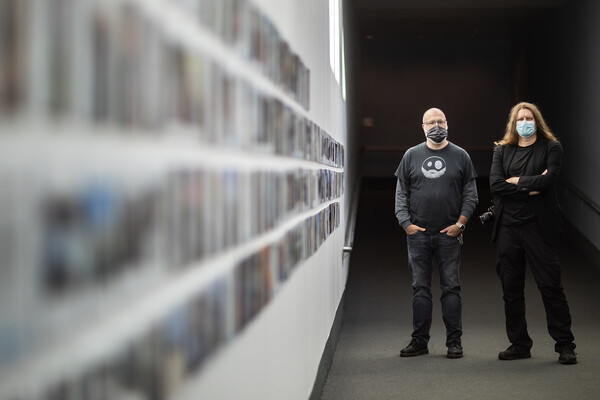
Annenberg’s Kyle Cassidy, with Pete Coyle, an art teacher at West Philadelphia High School. Together they came up with the idea for this exhibit, which Cassidy says can be adapted to almost any group and many kinds of spaces.

Mark Alan Hughes is founding faculty director of the Kleinman Center for Energy Policy and a professor of practice in the Stuart Weitzman School of Design.
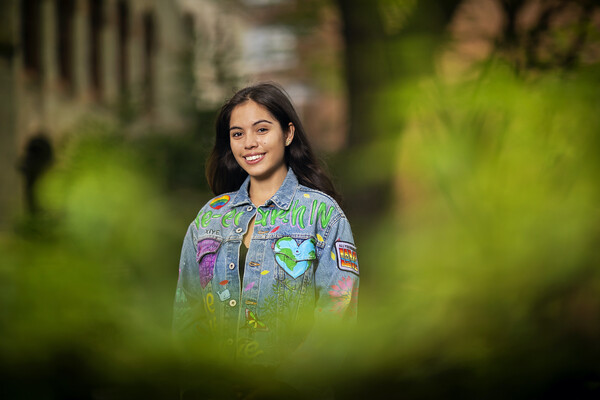
Second year Xiye Bastida, from San Pedro Tultepec, Mexico, has participated in Greta Thunberg’s Fridays for the Future movement. She and friends began the Re-Earth Initiative aimed at “reimaging the future, reconnecting with the planet, and redefining collaboration.” Despite six years of environmental activism under her belt, Bastida says she’s just getting started.

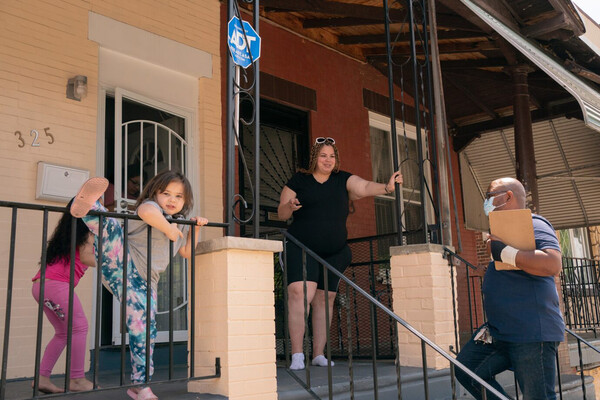
Image: Courtesy of Penn Medicine Service in Action
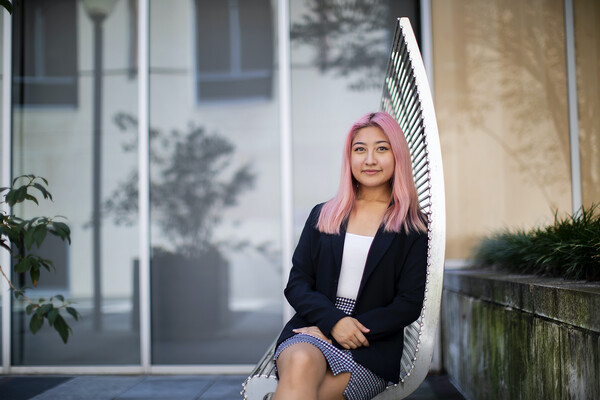 Junior Gabriela Montes de Oca from Houston has a background working on public health issues and supporting marginalized populations as part of Penn’s United Minorities Council, as a member of the First-Generation, Low-Income Dean’s Advisory Board, and through her role as a Penn Civic Scholar. This summer, in addition to interning in the lab of Andy Tan, she worked on Covid-19 testing and vaccinations at Sayre Health Center.
Junior Gabriela Montes de Oca from Houston has a background working on public health issues and supporting marginalized populations as part of Penn’s United Minorities Council, as a member of the First-Generation, Low-Income Dean’s Advisory Board, and through her role as a Penn Civic Scholar. This summer, in addition to interning in the lab of Andy Tan, she worked on Covid-19 testing and vaccinations at Sayre Health Center.